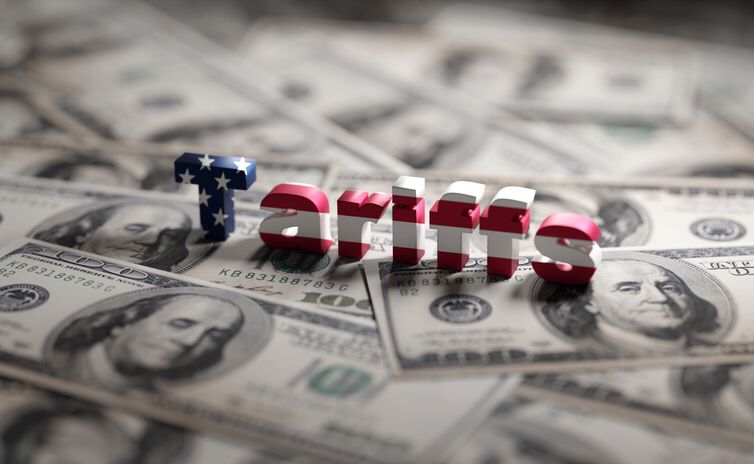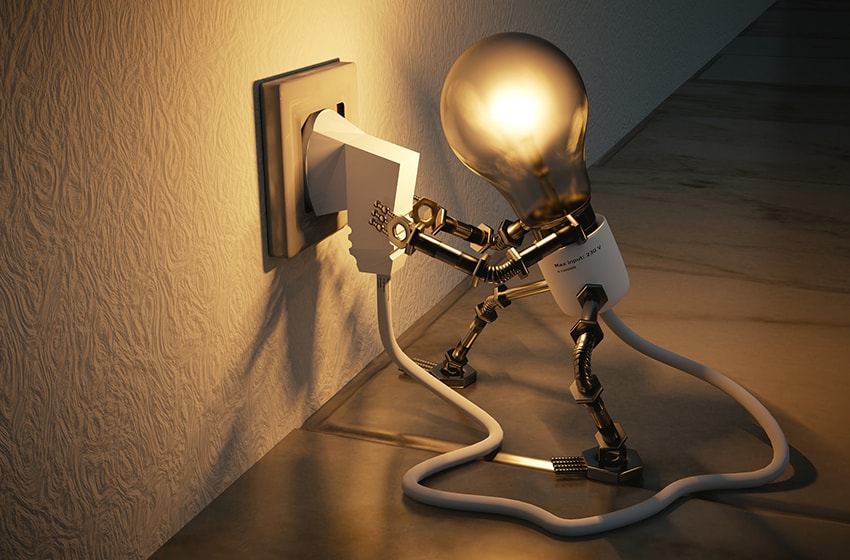Common Daily Habits That Could Be Harming Your Organs, Says Mumbai Surgeon
Trump Admits 100% Tariffs on China Unsustainable but Plans to Meet Xi Soon
Washington, Oct. 18, 2025
U.S. President Donald Trump said his newly announced 100% tariff on Chinese goods is “not sustainable,” though he defended the move as a necessary response to China’s recent trade actions. Speaking in an interview with Fox Business Network on Friday, Trump said Beijing’s decision to tighten controls on rare-earth exports left him with little choice but to act.
“They forced me to do that,” Trump said, referring to China’s move to expand export restrictions on rare earth elements — critical materials used in electronics and technology manufacturing. The United States and many other countries depend heavily on China for these resources.
Last week, Trump announced a new round of 100% tariffs on all Chinese imports and additional export controls on “critical software” starting November 1. These measures come just before existing tariff relief was set to expire, signaling a new escalation in the U.S.-China trade dispute.
When asked if such high tariffs could hurt the U.S. economy, Trump admitted they could not be sustained long term but insisted they were a strong signal to China. “It’s not sustainable, but that’s what the number is,” he said.
Despite the tough stance, Trump also confirmed that he plans to meet Chinese President Xi Jinping in two weeks during a visit to South Korea. He expressed optimism about future talks, calling Xi “a man I admire.” “I think we’re going to be fine with China, but we have to have a fair deal. It’s got to be fair,” Trump said.
Later in the day, before a meeting with Ukrainian President Volodymyr Zelenskiy at the White House, Trump struck a more conciliatory tone, saying, “China wants to talk, and we like talking to China.” His softer comments helped calm U.S. financial markets. Wall Street, which had fallen sharply after the tariff announcement, recovered some losses by Friday afternoon.
U.S. Treasury Secretary Scott Bessent also spoke with Chinese Vice Premier He Lifeng on Friday in what he described as “frank and detailed discussions” about trade issues. Bessent confirmed that they would meet in person next week to continue the dialogue.
Meanwhile, global concern over rising trade tensions grew. The head of the World Trade Organization (WTO), Ngozi Okonjo-Iweala, urged both countries to reduce hostilities, warning that a complete economic split between the U.S. and China could cut global economic output by up to 7% in the long run. She said the WTO had reached out to both sides to encourage more negotiation and less confrontation.
Still, tensions remained high. Bessent criticized China’s state-driven economic model in a statement to the International Monetary Fund’s steering committee, saying it distorts global markets and allows China to flood the world with low-cost goods.
In response, China’s Commerce Ministry accused the U.S. of undermining the global trading system since Trump returned to office in 2025. It pledged to increase its use of dispute settlement actions at the WTO and demanded that Washington reverse measures violating international trade rules.
Despite the heated exchanges, both governments continue to signal interest in dialogue. Trump’s planned meeting with Xi could mark an important step in easing the latest round of U.S.-China tensions — though both sides remain firm on protecting their economic interests.
Trump Says 100% Tariffs on China Not Sustainable but Plans to Meet Xi
U.S. President Donald Trump admitted that his proposed 100% tariff on Chinese goods is not sustainable but said it was necessary after China tightened its rare-earth export controls. Speaking to Fox Business Network, Trump blamed Beijing for the trade standoff but confirmed plans to meet Chinese President Xi Jinping in two weeks. Despite the tough rhetoric, Trump expressed optimism about reaching a fair deal with China. His comments helped calm Wall Street after a volatile week, with both nations signaling readiness to continue discussions to ease escalating trade tensions.














Add Comment